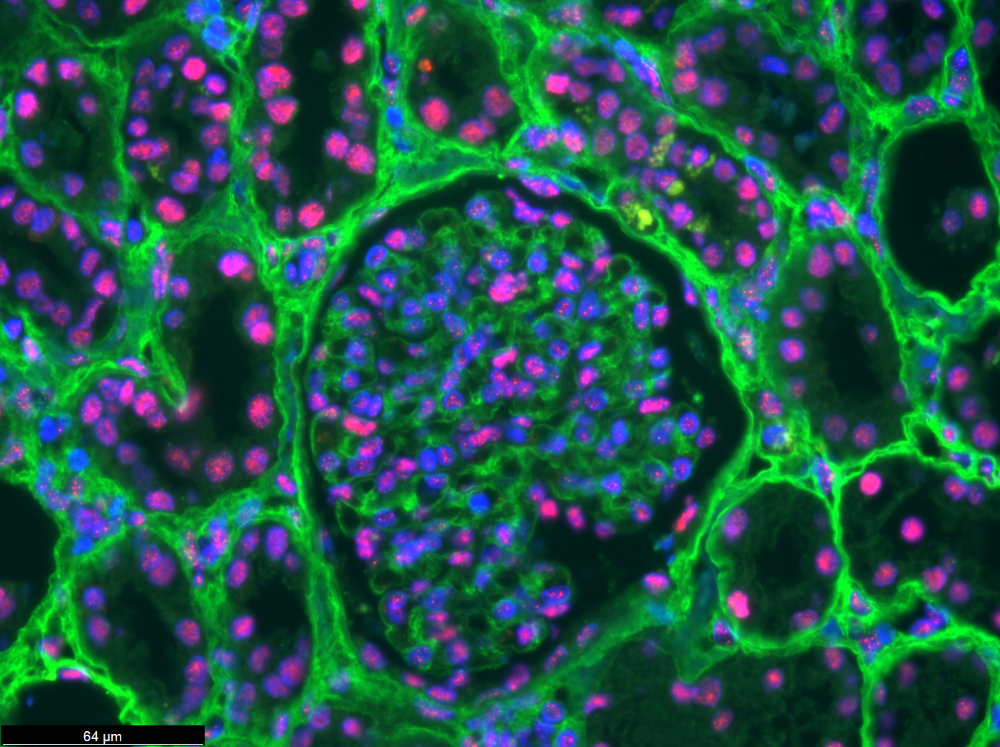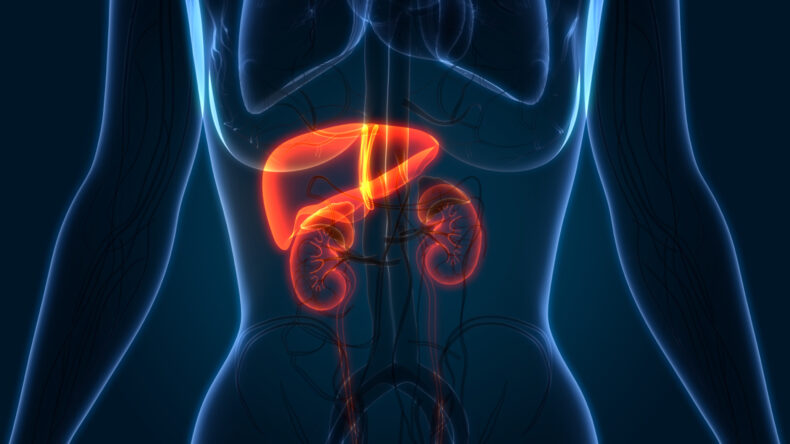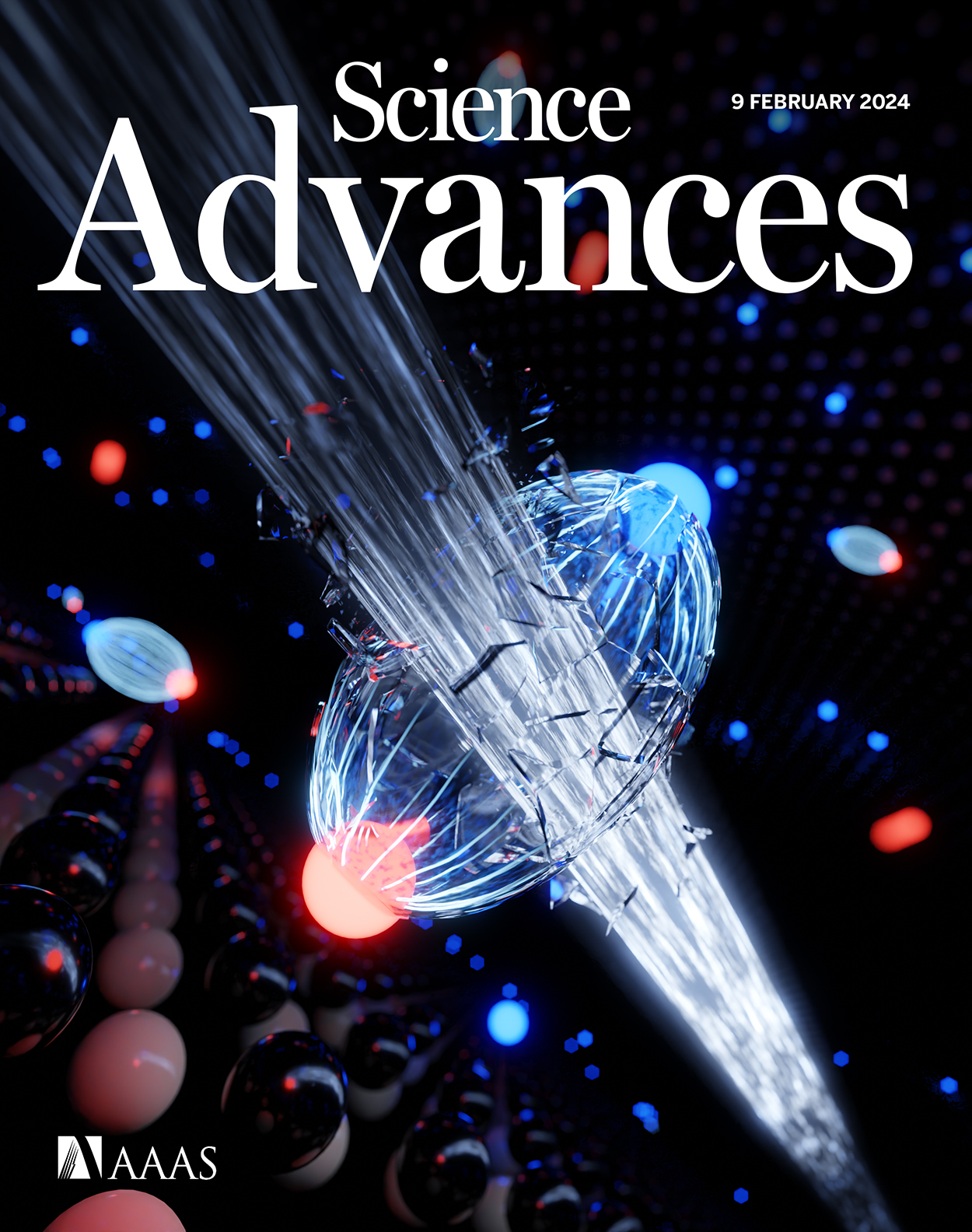Research overview
Tissues within animals are made up of cells and matrix found between the cells. For organs to form, function, and repair themselves from injury, cells need to stick to this matrix by receptors called integrins. These integrins recruit various intracellular effectors to control essential cellular functions such as signaling, matrix production, and the actin cytoskeleton.
The major focus of the Bock-Pozzi-Zent laboratories is to understand the mechanisms whereby cells use integrins and other receptors including their downstream effectors to stick to the extracellular matrix (ECM), adapt the cellular response to the environment, and dynamically change cell structure.
We study this primarily in the setting of kidney epithelial cell physiology, development, and pathology using state-of-the-art imaging, cell biology, biochemistry, genetics, and mouse models.
Research focus areas
- The Bock group's primary focus is understanding how the actin cytoskeleton enables the complex morphologies of kidney tubular epithelial cells during regeneration.
- The Pozzi group's primary focus is understanding how matrix receptors regulate collagen homeostasis in kidney injury and identify new targets for anti-fibrotic therapy.
- The Zent group's primary focus is understanding how integrin cytoplasmic tails interact with cytoplasmic proteins to regulate cell function and defining the structural determinants of specificity of integrin-dependent signaling.



